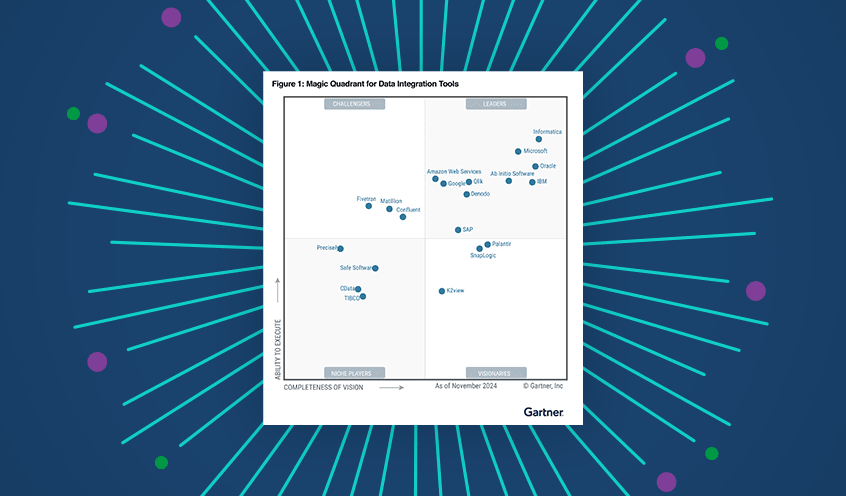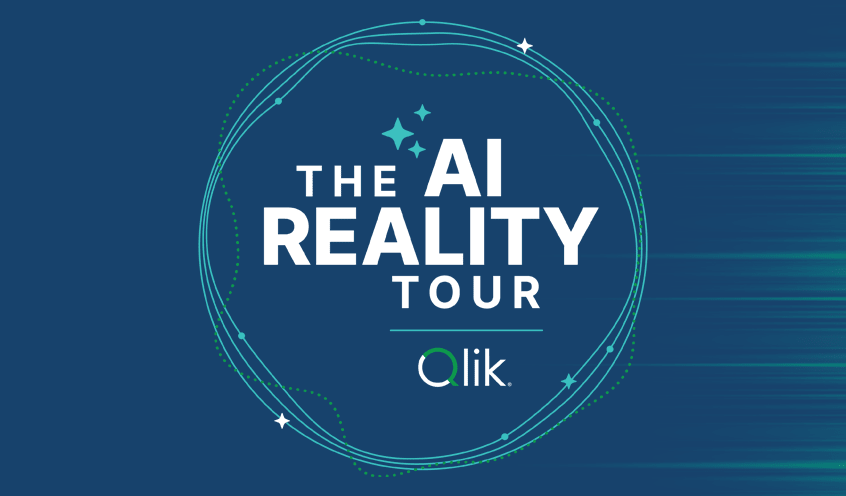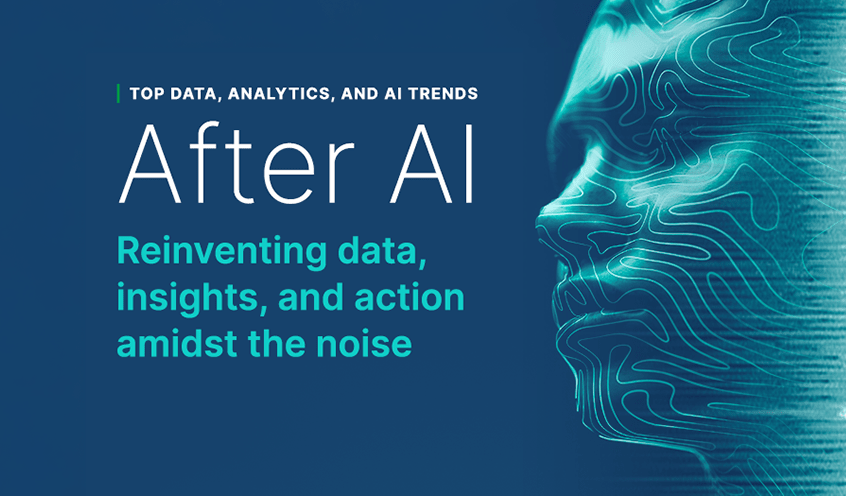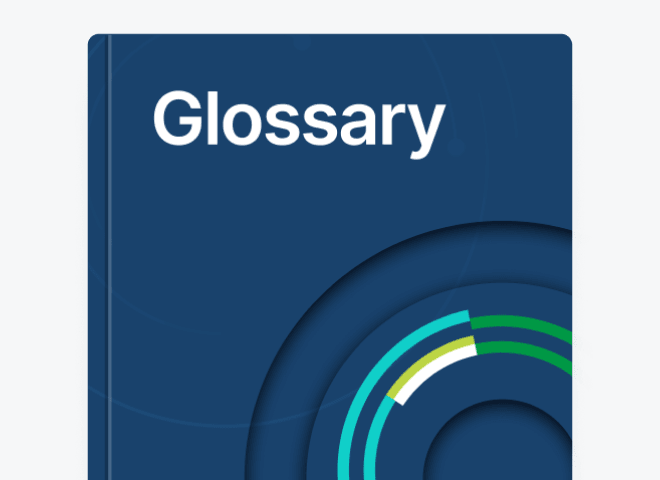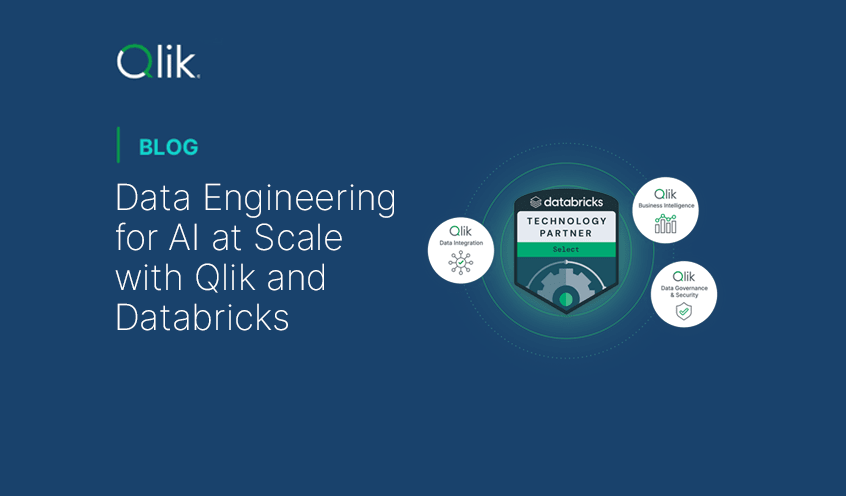For data engineers, the Generative AI (Gen AI) era is a transformative shift in how we approach data architecture and analytics. Professionals at the forefront of this shift will be gathering in San Francisco, at the Data+AI Summit June 10-13. Attendees will be exploring tools that integrate with Databricks Intelligent Data Platform that decrease data management costs and improve data's impact on business outcomes. Qlik’s robust data replication and transformation capabilities, along with our analytics tool will be onsite and available for demos, joint customers sessions, and more.
Building a trusted data foundation for AI is not a choice, it’s a requirement. Doing that right means having the ability to automate the discovery, integration, & transformation of source data directly into Databricks, while tapping into the Databricks AI Functions for advanced capabilities directly within workflows. Attend Qlik’s breakout session and learn how Qlik’s suite of solutions for Databricks is delivering for mutual customers like Mercedes, Textron, Trek Bikes and more.
During the conference attendees can learn how Trek Bikes uses Qlik to unify disparate ERP source data from around the world into Databricks to improve same store retail analytics. Also, hear how Michelin uses Qlik change data capture alongside tools such as Kafka, Oracle Golden Gate, Databricks Delta Live Tables, Structured Streaming, and PowerBI.
Automating AI-Driven Data Pipelines in Databricks
As the demand for AI at scale increases, the integration and automation of data pipelines is critical in harnessing the full potential of AI. With data volumes expanding at an exponential rate, the manual orchestration of these pipelines is no longer sustainable. This is where the partnership of Qlik and Databricks shines, offering a robust solution that simplifies the creation of AI-ready datasets, which are datasets that have been processed and structured in a way that they can be readily used by Large Language Models, thereby accelerating one of the heaviest lifts engineers face in the AI development process.
Databricks' recently emphasized that data engineers' need to pivot from traditional batch processing and siloed data storage to dynamic, real-time data processing frameworks. The goal here is clear: to eliminate latency and increase the fidelity of data insights. With Qlik and Databricks, engineers can unify multiple sources, automate pipelines of GenAI-ready datasets, and accelerate insights. Learn more about our 5 steps for AI Data Pipeline Success
Balancing Automation with Supervision
Automation is no longer a nice to have option. It’s a requirement to optimize data processes, however data engineers are playing a larger and more critical role in meticulous supervision. The orchestration of AI-ready pipelines demands greater supervision to mitigate risks, foresee and correct bottlenecks or anomalies in LMMs.
Qlik's capabilities for metadata inference and data validation, offer an accelerated means to document and safeguard the quality of datasets. This, coupled with Databricks' scalable processing power, equips data engineers with a toolkit to comprehensively manage and optimize data pipelines. Once engineers have built automation into their data pipelines, they can optimize for accuracy, speed, and intelligence by observing and adjusting over time. Learn the 4 Steps for Observing and Fine-tuning AI Pipelines
Empowering Data Engineers with Advanced Toolsets
At the intersection of Qlik and Databricks stands a unified platform that caters to businesses' SaaS and hybrid cloud needs. This potent combination unifies monitoring, orchestration, and governance capabilities powered by state-of-the-art processing engines. Qlik's advanced features, such as no or low code data pipeline automation, on-the-fly data transformation, and Databricks' cutting-edge technologies, such as its collaborative workspace and optimized data processing, make this partnership a game-changer. This presents an unparalleled opportunity for data engineers to fine-tune data pipelines for optimal performance and impact.
Bringing It All Together
The partnership between Qlik and Databricks empowers data engineers with the tools and insights to lead the charge in the data-driven revolution. As we delve deeper into the era of Gen AI, the blueprint for success is unmistakably clear: a well-architected, AI-ready data infrastructure that is efficient and scalable but also robust and trustworthy. Learn more > Download Qlik & Databricks Joint Ebook – Powering AI with Databricks and Qlik














